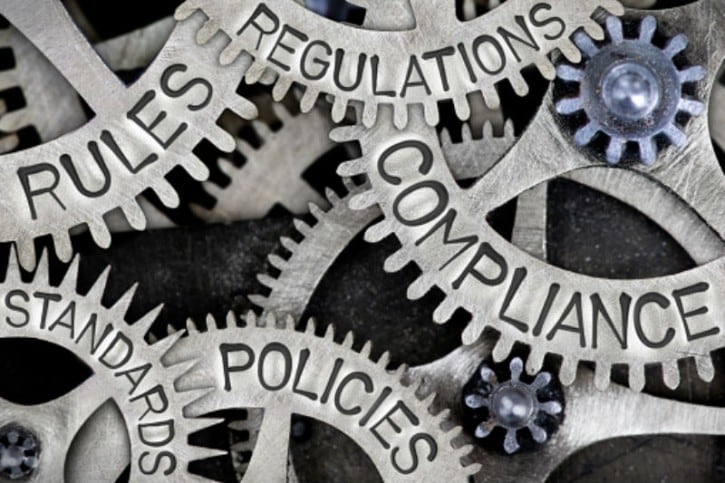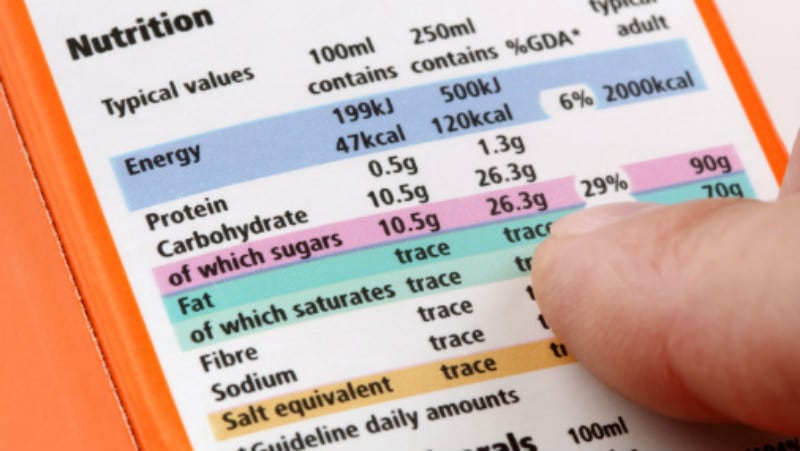Misleading marketing: Taiwan sets harsher punishments for food firms violating advertising rules
Mainstream food and beverage firms flouting Taiwan advertising rules and regulations will now be subject to harsher punishments, with repeat offenders warned their businesses could be closed down.
The Taiwan Food and Drug Administration (FDA) has published new regulatory updates stating that violators of advertisement rules, particularly those aimed at misleading consumers with false health claims, will be subjected to harsher penalties.
In effect, it means mainstream food firms will be subject to same penalties and functional and health food products.
This will be part of the country’s weighted penalty system, under which violators are subject to increasingly harsher fines and punishments based on the number of recurring offenses and the relevant severity of these.
Stricter and safer: China proposes new pre-packaged labelling standards mandating clearer ingredient and origin information
The Chinese government’s new draft regulations governing the labelling of pre-packaged foods and beverages contains stricter guidelines, including mandating manufacturers to include clearer information on compound ingredients as well as more country of origin detail.
China has emerged as the latest Asian market to embark on a revamp of regulations governing pre-packaged food and beverage labels, after other recent examples including Vietnam, Philippines and Thailand – following a trend of regulatory updates that FoodNavigator-Asia previously predicted would come strongly into play this year.
“The National Food Safety Standards Review Committee Secretariat has drafted [a set of new food safety standards] concerning regulations for the labelling of pre-packaged foods in China,” the local National Health Commission (NHC) stated via a formal statement.
Dairy updates: Japan to implement more stringent standards for non-chilled milk products this year
The Japanese government has announced plans to implement more stringent standards for milk products that do not require chilling, meaning that exporters of these items will need additional certificates from the country of origin before being allowed into the market.
Japan’s Ministry of Health, Labour and Welfare (MHLW) has published a ministerial proposal to amend current dairy standards, calling for public and industry comment before these are expected to be enforced come mid-March this year.
The amendment will affect milk and dairy products that do not require storage at temperatures below 10°C or are permitted to be stored at room temperature. This will include regular milks, modified milks, low-fat milks, skim milks, processed milks, liquid milk preparations and other milk-based beverages.
“Based on the deliberations of the Milk, Meat and Fishery Subcommittee of the Pharmaceutical Affairs and Food Sanitation Council, new regulations will be established for [these] products,” MHLW state via the ministerial proposal documentation.
Sugar as Health Functional Foods? South Korean regulator steps up online inspection against fake ads
There is an ongoing trend of processed sugar products being advertised as Health Functional Foods in South Korea, with products making fatigue recovery and blood sugar control claims sold on e-commerce platforms, warned the country’s food and drug safety regulator.
In January alone, the Ministry of Food and Drug Safety (MFDS) had detected 138 cases of fake claims or exaggerated advertising concerning processed sugar products. They were found to have violated the “Act on Labelling and Advertising of Food”.
This was nearly 50% of all the 280 online postings that it had inspected. These advertisements promoted processed sugar products, such as those that were made using sugar, glucose, fructose, taffy, oligosaccharides, and honey, as the main ingredients and were made in the form of tablets and capsules.
Labelling transformations: Thailand stresses science and safety for new nutritional labels and health claims rules
Thailand is the latest market in South East Asia to implement new nutritional labelling policies for the food industry, with the authorities also issuing more stringent ‘science-based’ guidelines for on-pack health claims.
Various South East Asian markets from Vietnam to the Philippines have been in the headlines over the past year for making upgrades to policies and guidelines to improve on-pack nutritional labels for foods and beverages.
Thailand is the most recent to have joined this list, having gazetted a slew of regulatory decrees in January 2024 governing how food and beverages must display nutritional labels on product packaging.
“[The regulations as outlined in] this notification shall come into force after 180 days from its publication in the Government Gazette – so enforcement will start on [July 2 2024],” local Minister of Public Health Cholnan Srikaew said via a formal statement.





